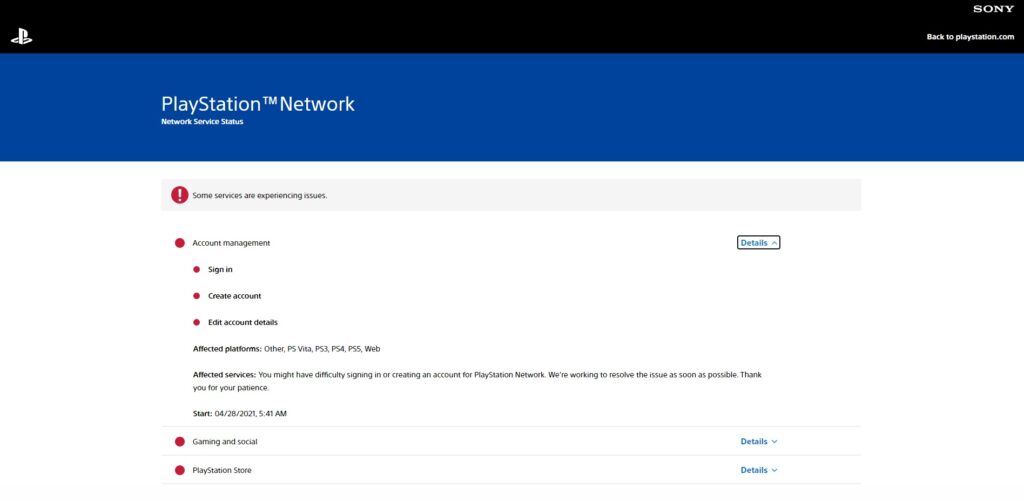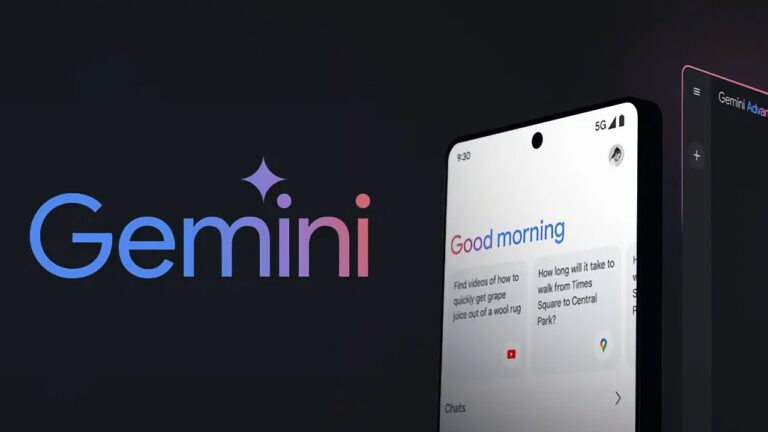
Audience
- Sentiment: frustrated
- Political Group: neutral
- Age Group: 18-34
- Gender: male
Overview
- The PSN outage lasted over 24 hours, leaving millions of gamers unable to access their accounts.
- Sony’s lack of communication about the outage caused further anxiety among players.
- Players felt that the compensation offered was insufficient compared to previous outages.
The PSN Outage: What Happened and Why You Should Care
If you’re a gamer, you probably know the feeling of intense excitement when you finally get the chance to log onto your favorite platform and dive into the latest game. Whether you’re teaming up with friends in a battle royale, exploring a vast open world, or just hanging out with your buddies in a virtual space, gaming is more than just a pastime—it’s a major part of our everyday lives. But what happens when the platform you rely on suddenly goes offline? Let’s take a closer look at the recent PlayStation Network (PSN) outage and how it affected millions of players around the globe.
The Outage: A Major Disruption
Recently, the PSN experienced a significant outage lasting over 24 hours. For many gamers, this feels like an eternity. Millions tried to log in, only to be met with error messages and a seemingly dead connection to their gaming world. This was one of the longest downtimes seen since the massive PSN hack in 2011, which ended up lasting nearly a month. If you’re thinking, “Wow, that sounds terrible!” you’re absolutely right. Just imagine being stuck in a situation where you can’t access games you’ve been planning to play, especially if you had friends matching their schedules to play with you!
While Sony, the company behind PlayStation, described this outage as an “operational issue,” they didn’t provide clear details on what that actually meant. This lack of communication left many players feeling frustrated and even worried. The gaming community thrives on communication, whether it’s discussing strategies over voice chat or sharing the latest game updates on social media. When something goes wrong, people want to know what’s happening.
Frustration Brews Among Players
As the hours stretched into more than a day, players turned to Twitter and gaming forums to express their concerns. “Why can’t they just fix this?” “Is this a sign of something worse?” Even rumors started to swirl that hackers could be behind the outage. However, if you closely follow Sony’s past incidents, their willingness to disclose details about security breaches makes this less likely. In the end, the silence on what caused the outage only left players feeling more anxious and uncertain about the safety of their gaming environment.
You can imagine the atmosphere—tens of millions of PlayStation users were left feeling disconnected from their virtual world, their excitement turning into annoyance and anger. One of the biggest concerns was the fear of missing out—if you have friends who are gaming while you’re stuck waiting, it can feel incredibly isolating.
Compensation: A Mixed Bag
After finally restoring service, Sony announced they would offer players an additional five days of PSN service as compensation for the inconvenience. While it’s nice to receive something for all that time spent waiting, many players felt this wasn’t enough. Five days? Really? It seemed a far cry from the generous perks offered during previous outages—even back in 2011, when gamers were treated to free games during a much longer downtime.
With over 116 million daily active PSN users, it seemed like Sony could do a lot more to make things right. Players were hoping for something more substantial, like store credit or even exclusive discounts on games. After all, gamers invest not just their time but also their hard-earned money into consoles and games. Five extra days of service didn’t feel like adequate compensation for lost time, anticipation, and potential game sales.
Navigating Communication in Gaming
As the outage was unfolding, some game developers attempted to keep their communities updated. You may have seen posts on social media from your favorite game studios trying to reassure players about their ongoing service. While it was great to see some communication, it highlighted a bigger issue. Why didn’t Sony provide more updates? Why not keep players in the loop, especially when millions were left waiting and wondering what was going on?
In today’s fast-paced digital world, everyone craves instant updates. Players want transparency. They want to know that the companies managing their gaming experiences care about their community and understand how frustrating unexpected outages can be. Good communication can help soothe the frustrations and concerns of users who are left powerless during these events.
Lessons for the Future
So, what can we learn from this situation? First off, it’s pretty clear that gaming companies need to prioritize system reliability. While outages can happen, and technology will inevitably fail from time to time, firms like Sony must bolster their systems to minimize these disruptions. Learning from past mistakes is essential, especially for a company that has suffered reputational damage from large-scale security breaches in the past.
Secondly, players deserve better communication. This outage revealed that gamers want to be informed rather than left in the dark. Whether it’s giving updates on service status, recovery time, or just general news about the company, keeping the community informed could make a major difference.
Lastly, how companies compensate their users must evolve. Players are looking for more tangible rewards when they experience significant downtime. Instead of considering the five extra days of service as a fix, creating offers that resonate more with users—like discounts on games or in-game currency—could go a long way in showing that the company values its community.
A Community Experience
As gamers, we form a community. We support each other through epic wins, devastating losses, and everything in between. We rally together during outages like these, sharing memes, frustrations, and strategies to cope with our virtual downtime. While it’s easy to feel like we’ve been let down during these outages, it’s also a chance for us to connect, share experiences, and perhaps joke about our first-world problems surrounding gaming.
So, what do you think? Did you experience the PSN outage? How did you cope with the downtime, and what compensation would you have liked to see from Sony? Are you hopeful that they’ll improve their service moving forward? Share your thoughts in the comments below! Your experiences matter, and every gamer has a voice worth hearing in this community.






